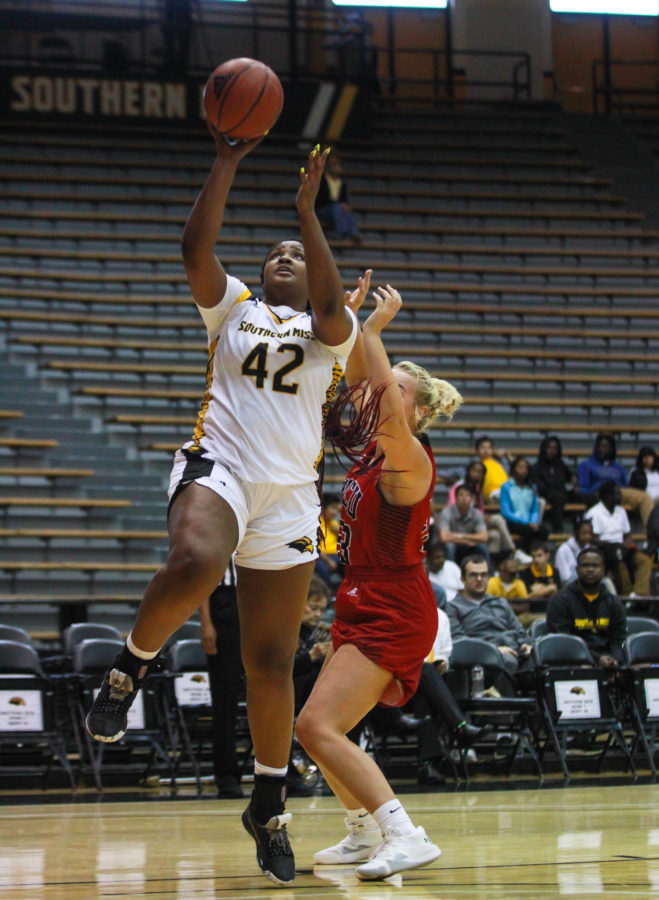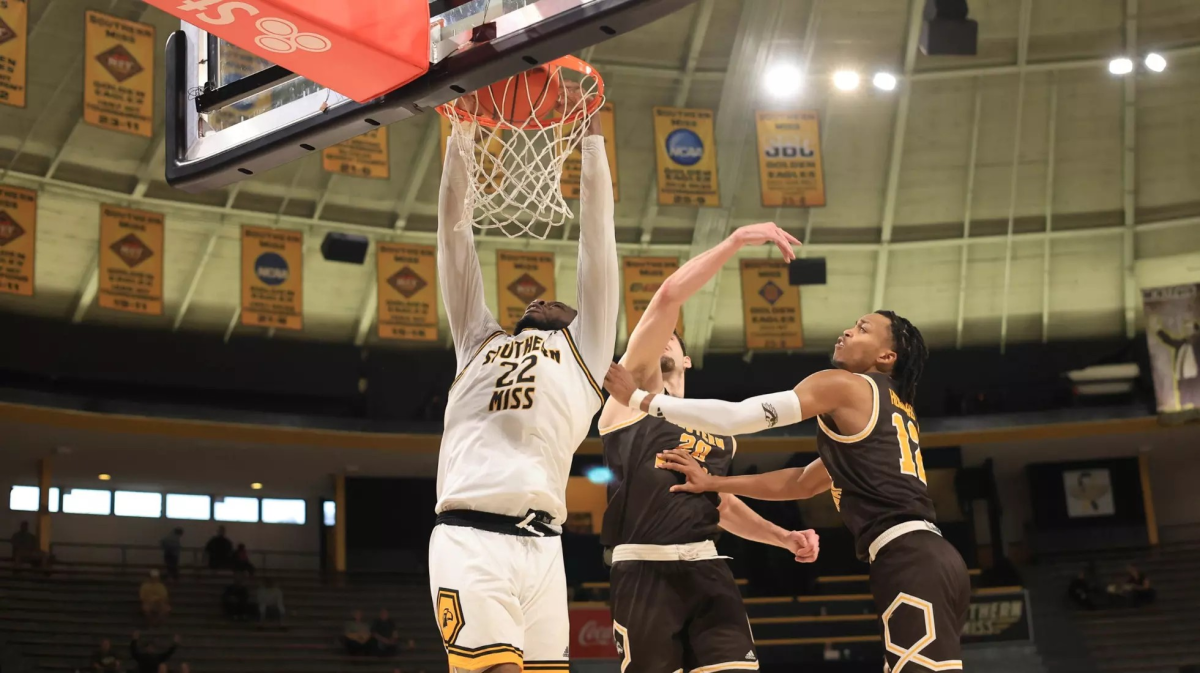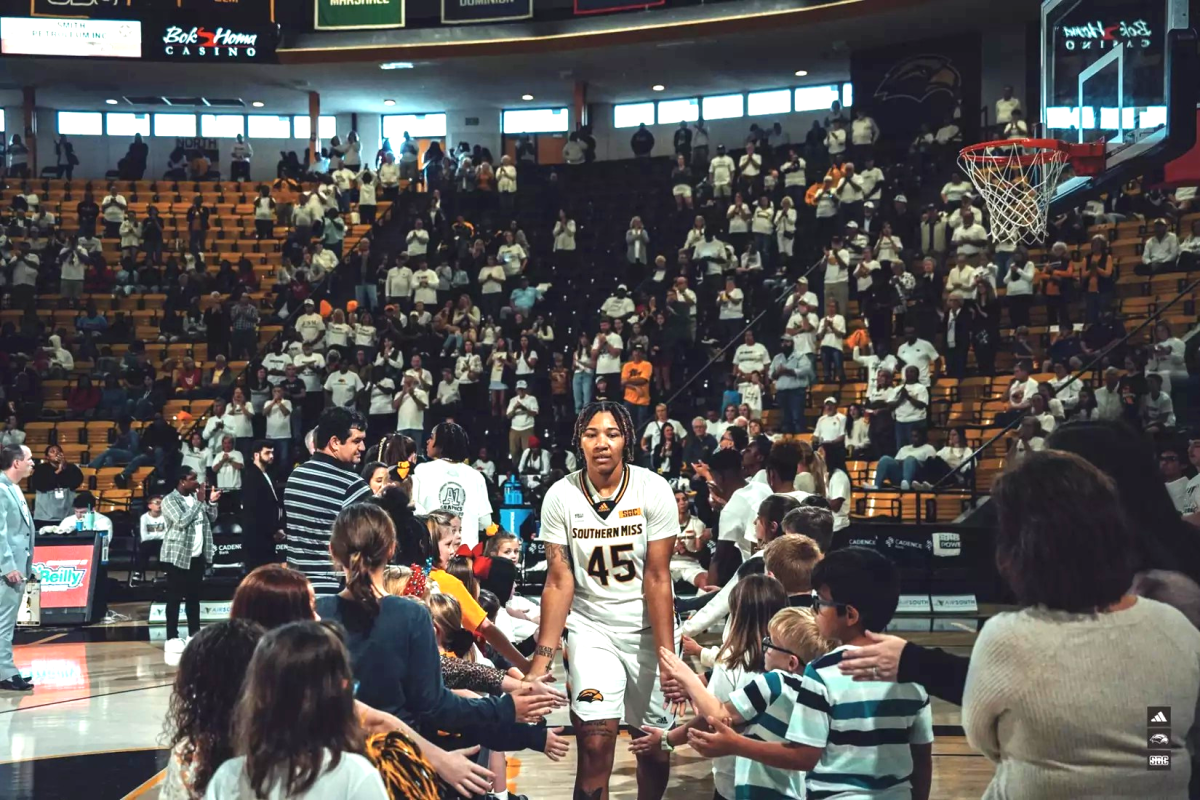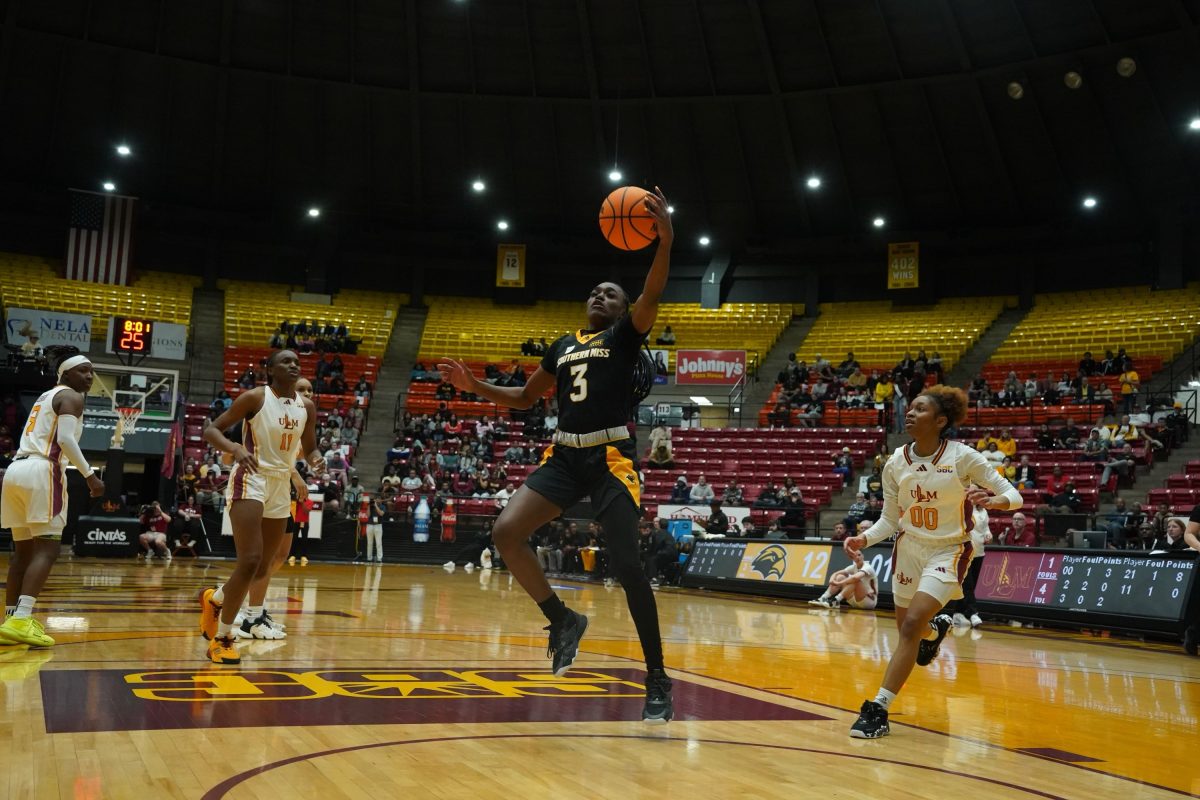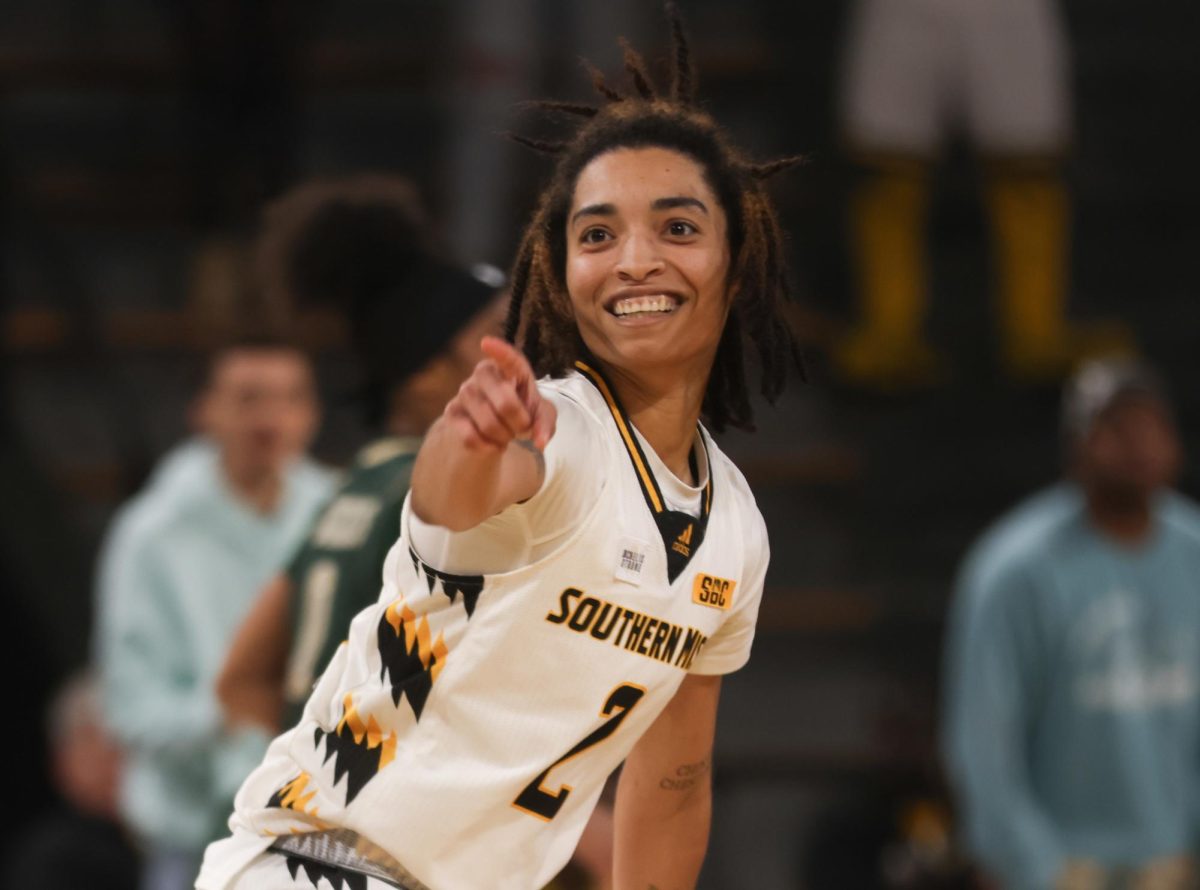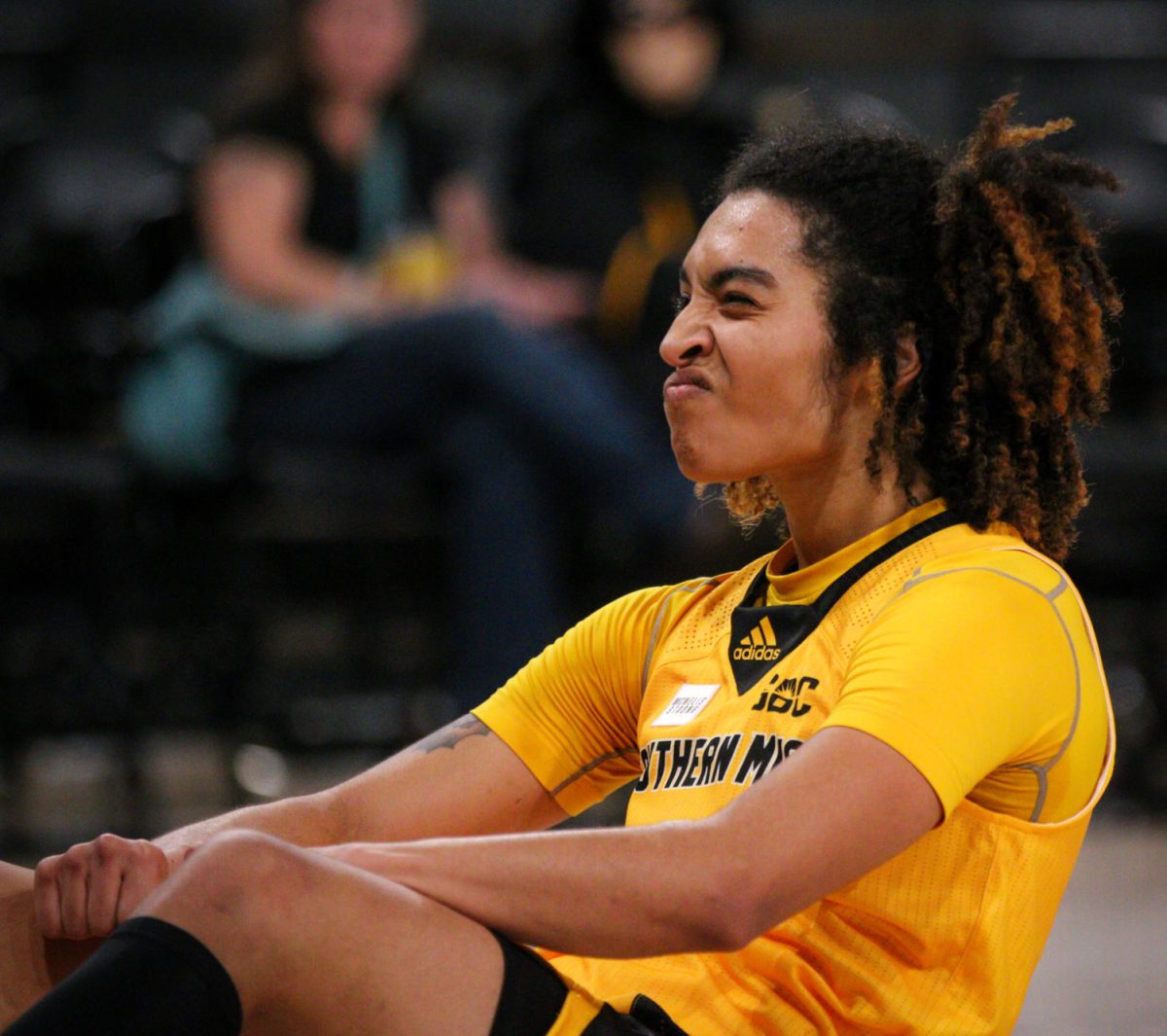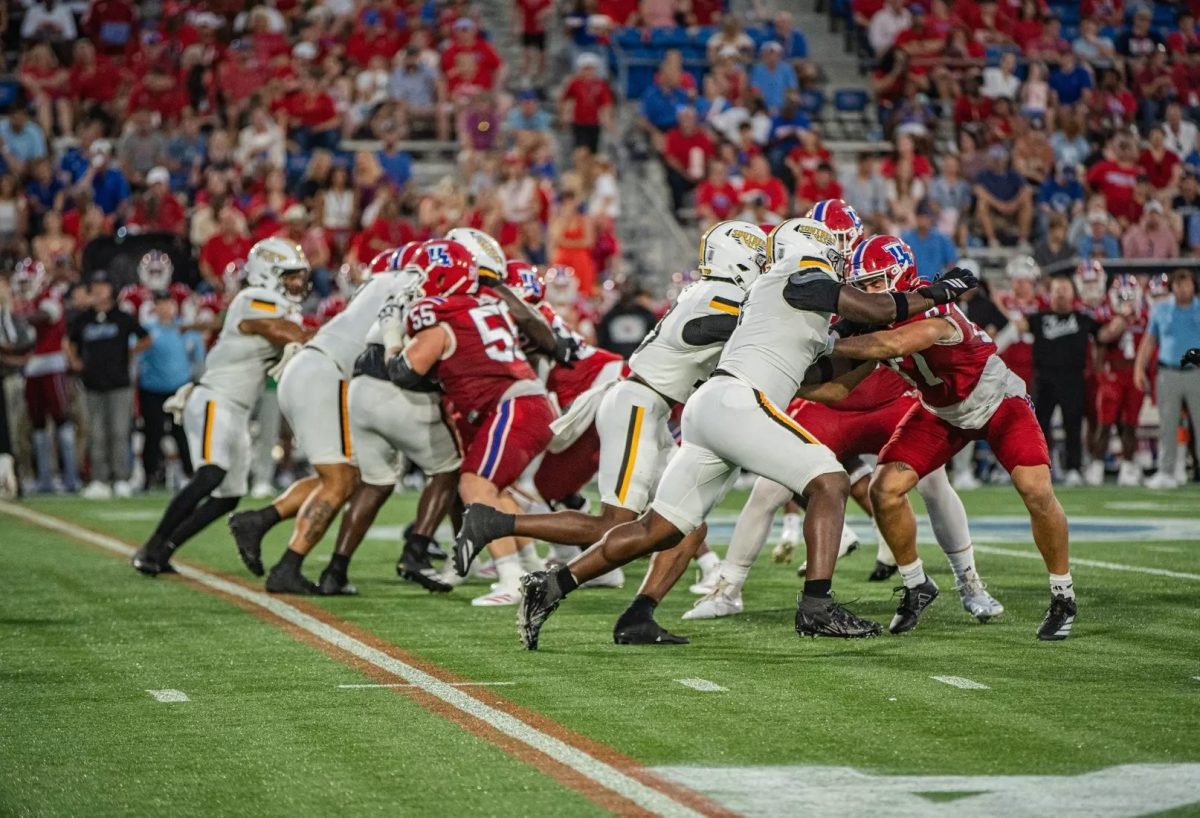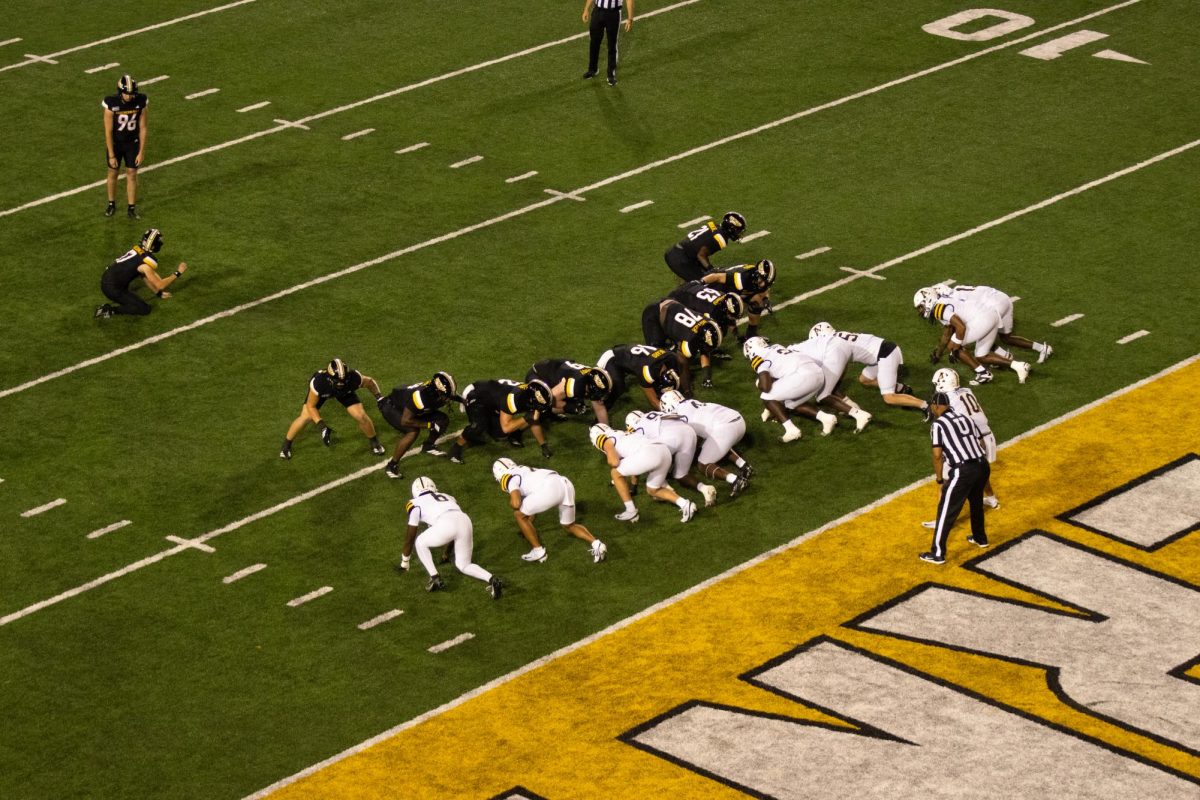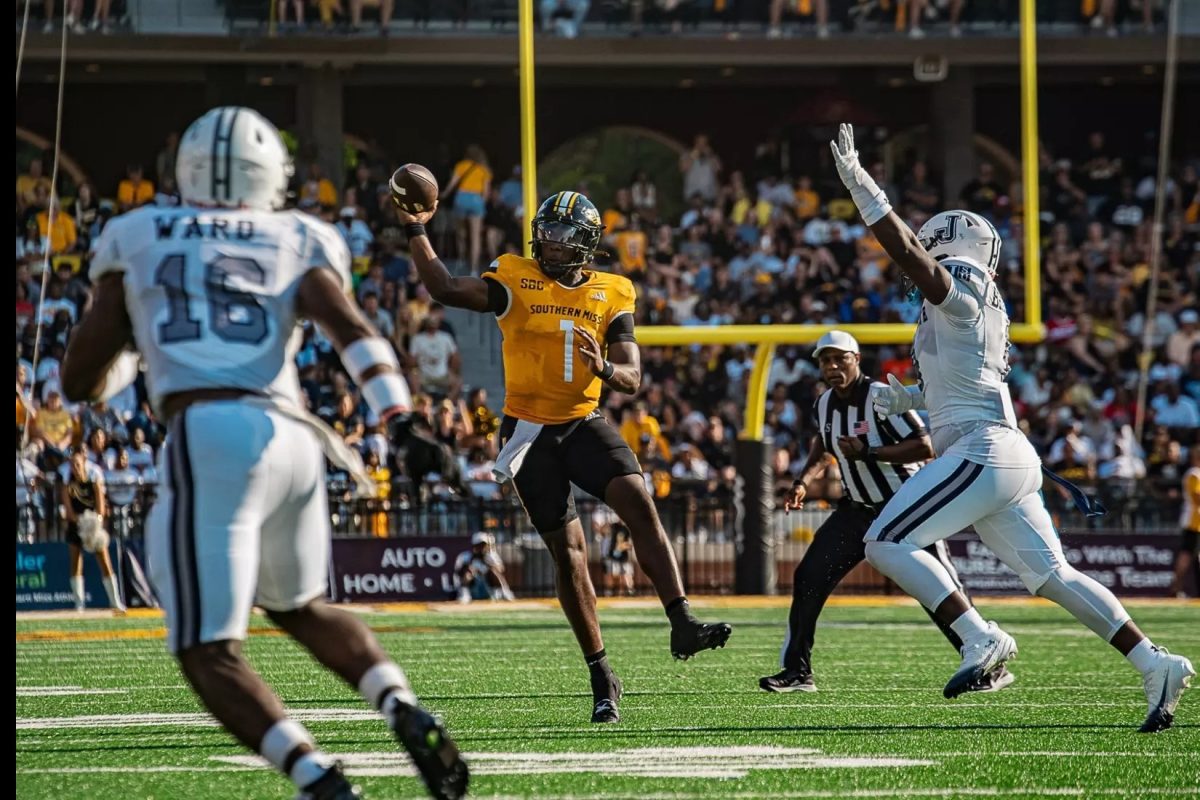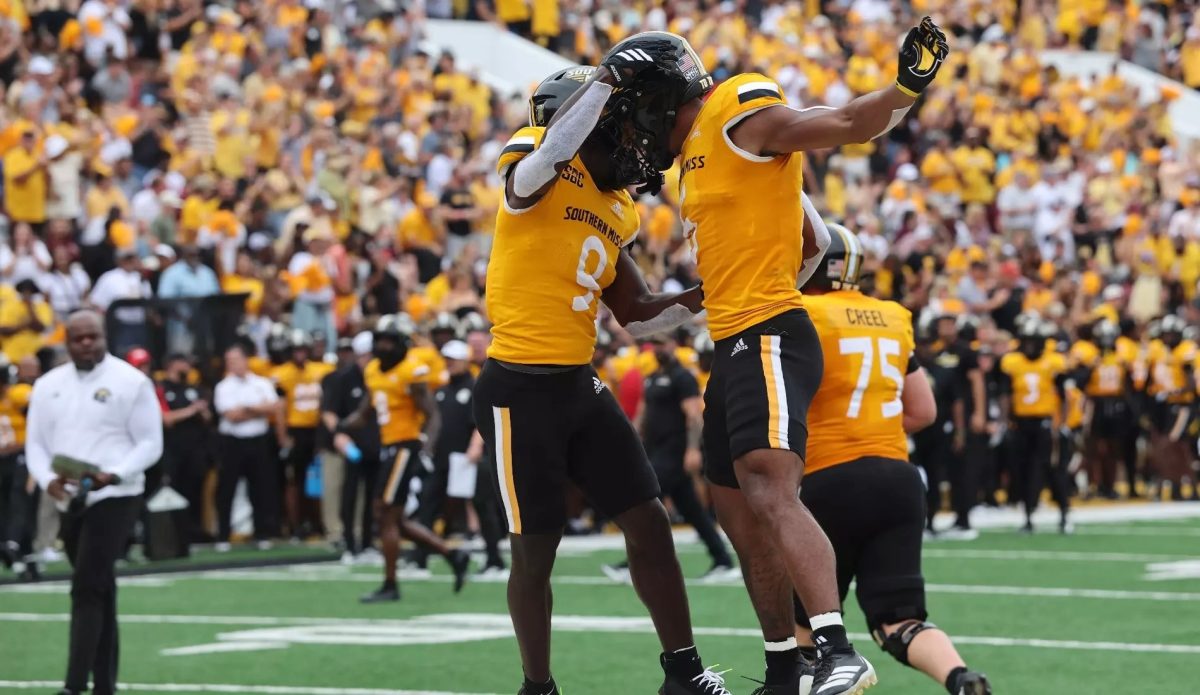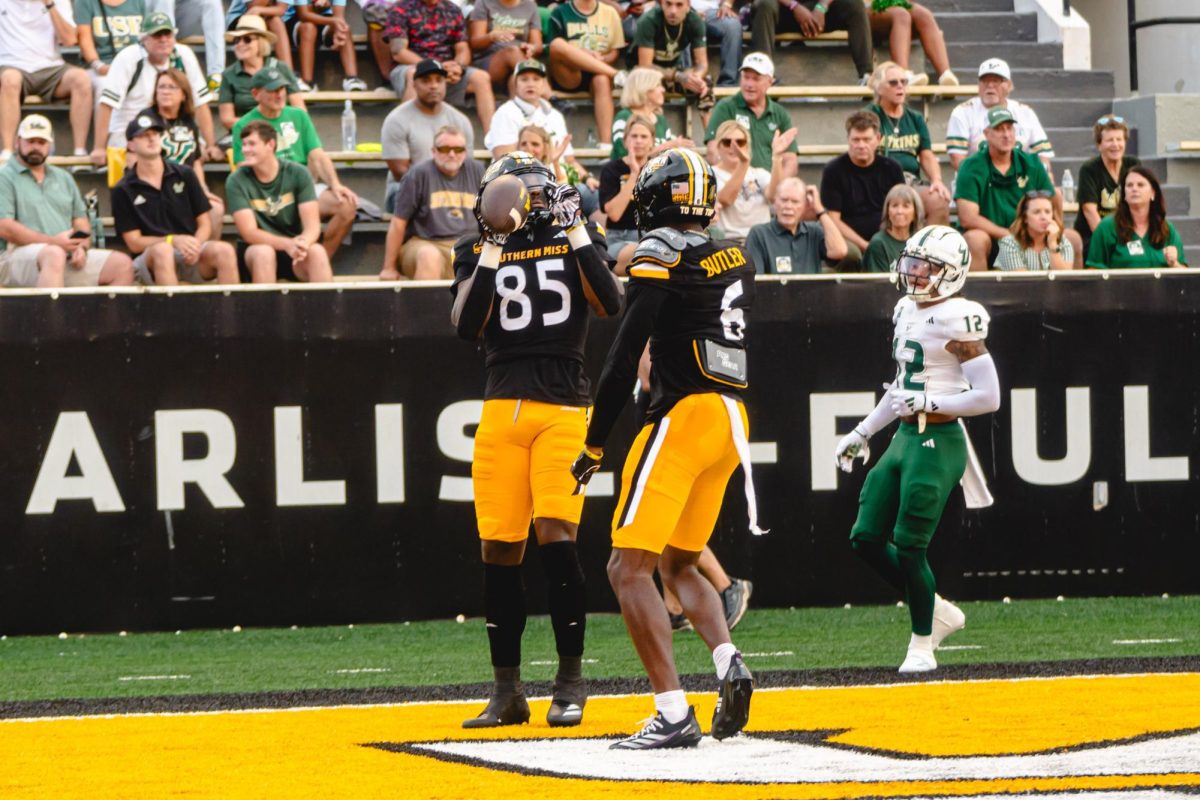People have questioned whether or not student-athletes should be paid for their performance in collegiate athletics for years. Along with that discussion is the debate of whether student- athletes should be able to profit from their name, likeness or endorsement deals. In a statement on Oct. 29, the Board of Governors of the NCAA voted unanimously to allow students to benefit from such deals.
“I’m in the kid business,” head coach Jay Hopson said. “I’m a coach of football players. Anything that helps football players I’m great with. The bottom line is I don’t know the details. That’s above my pay grade, but—hey, if it helps the kids, I’m for that.”
In the statement, chair of the Board and Ohio State University President Michael V. Drake said the NCAA must embrace change with “additional flexibility in this area.”
After gathering the opinions of stakeholders, student-athletes, coaches, presidents and commissioners, the Board saw it in the best interest of the students it serves.
“It’s definitely a decision that has been weighed upon a lot,” redshirt junior quarterback Jack Abraham said. “Hopefully, it helps. I think we have some guys here that can deserve it, but hopefully, it turns out in a good way.”
While the new policy will benefit Power Five schools, there is concern about whether it will help or hurt athletic programs at Southern Miss.
“I definitely think it would have an impact on recruiting for sure definitely for Southern Miss and for other schools,” Abraham said. “Hopefully, it doesn’t make too much of an impact, and hopefully, they won’t blow it out of proportion. I think it’s got some good benefits to it.”
Men’s basketball forward Boban Jacdomni sees the board’s decision as rewarding student-athletes for their hard work.
“In a way, that’s kind of fair towards athletes,” Jacdomni said. “We have a bunch of very high athletes who are projected to go to the NBA and stuff like that, football players. I think they said they are bringing back NCAA football on the video games and stuff, and so, I think it’s only fair that they get something towards that.”
To women’s basketball coach Joye Lee-McNelis, a change in policy will not change anything for her team.
“Media has to cover us before it ever affects our program,” McNelis said. “If the truth be known, she can’t make an extra $10 because her picture’s not in the paper. I don’t think it affects us.”
Senior guard for the Lady Eagles Shonte Hailes said she sees the gap between men’s and women’s sports as a barrier for female athletes to see additional compensation.
“It’s those big-time guys that’s one round picks that is going to really benefit from that rule. Even just in women’s sports altogether, it doesn’t really play an effect with us,” Hailes said. “We are definitely at a disadvantage like what we said with the media, the fans, the money of course. It’s just the complete opposite.”
Initial guidelines in place by the NCAA are to ensure that student athletes are treated as just that —students— which is what men’s basketball coach Jay Ladner hopes the policy will do.
“We do need to keep in mind the overall educational value they are getting just from coming to school and by being on scholarship and how much of a value that is,” Ladner said. “We have to keep that in mind. We’ve got to be very careful and make sure we approach it in a common-sense way.”
Regardless of what happens next, the focus of student-athletes at Southern Miss is what is set before them.
“I’m just here to play basketball. Just play hard and give my all and do what I love doing,” forward Tyler Stevenson said. “If that happens, then that’s great too.”
























